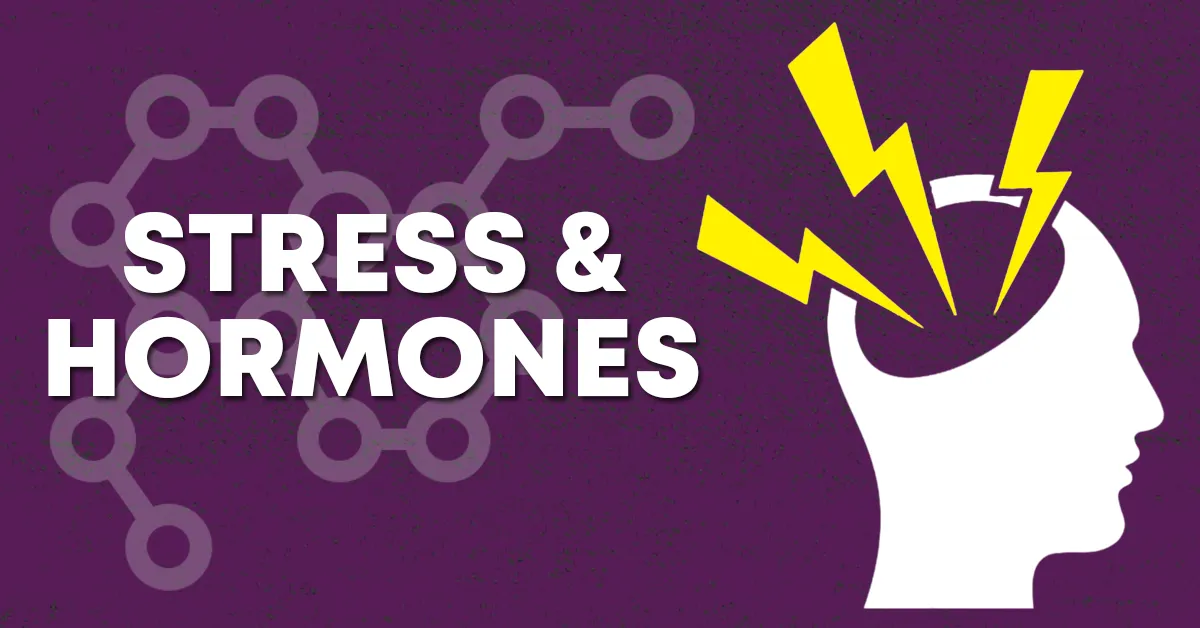Stress can have significant physical effects on the human body. Headaches, muscle tension, chest pain, and fatigue, among other symptoms, can surface as your body deals with long-term stress.
To better understand how our bodies respond to stress, you must understand the hormonal reaction.
Hormones are small but powerful chemical controllers in our bodies. They travel throughout our bloodstream sending messages to our tissues and organs. Too much or too little of a hormone can cause changes in your body, and stress is just one such situation.
What Does a Natural Stress Response Look Like?
The human body is well equipped to handle short-term stress in an optimized way. When you encounter a dangerous situation your body will release essential hormones, notably adrenaline and cortisol.
These two hormones elevate your blood pressure and heart rate to focus and take on the situation. But again, this ideally only works in the short term. Once the threat has passed, your hormone levels should return to normal.
However, The American Institute of Stress reports 94% of American workers are stressed at work. This consistent and ever-present stress many Americans are facing causes chronic stress, where elevated blood pressure and heart rate are present for extended periods of time.
What is Adrenaline?
The adrenaline hormone is pretty accurately depicted by its slang usage when saying you “get a rush of adrenaline” when you do something daring. The adrenaline hormone released during a stress response will increase heart rate and elevate blood pressure.
What is Cortisol?
Cortisol is the other key hormone released during the stress response process and primarily increases blood sugar. This poses a risk of becoming insulin resistant and developing diabetes if the cortisol levels remain elevated because of chronic stress.
It can also induce an increased appetite and thus inadvertently raise calorie intake. This is part of why some people say they “stress eat.”
An excess of cortisol can also cause decreases in other hormones such as testosterone or estrogen.
Cortisol is not inherently bad, it serves an important role in your stress response, and in the day-to-day function of your body. Like most hormones, it needs to be kept in balance as too little cortisol can also be an issue.
How can I Reduce My Stress?
The CDC shares a number of tips on how can work to mitigate your stress.
– Eat healthy
– Exercise at least 150 minutes a week
– Sleep at least 7 hours per night
– Limit alcohol
– Disconnect from the news if you think the headlines are stressing you out
– Meditate, stretch, and breathe
– Do an activity you enjoy


